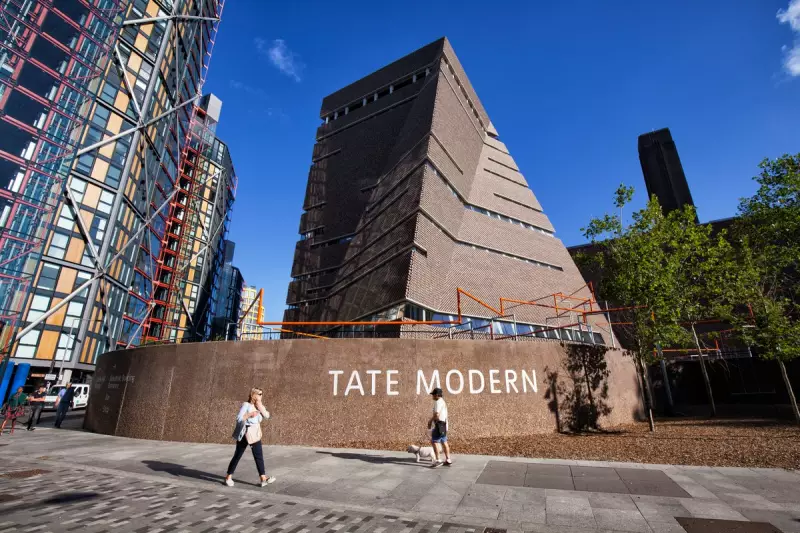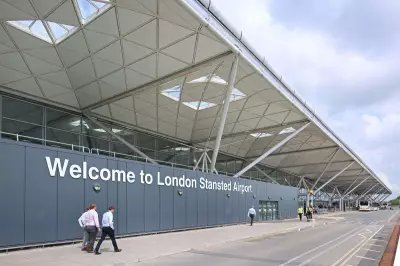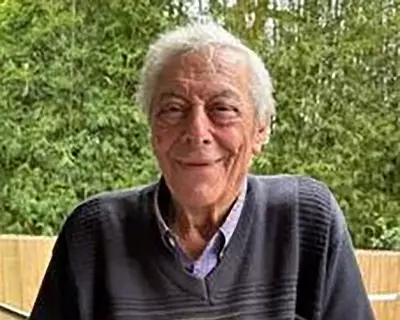
In a decisive ruling that has captured national attention, the Court of Appeal has rejected Jonty Bravery's attempt to reduce his prison sentence for the horrific 2019 attack at Tate Modern that left a young child with life-changing injuries.
The now 21-year-old Bravery, who was 18 at the time of the incident, had appealed against his 15-year custodial sentence with an additional 5 years on extended licence. However, three senior judges unanimously dismissed his claims, stating the original sentence was entirely appropriate given the gravity of his actions.
The Fateful Day at London's Landmark Gallery
On August 4, 2019, Bravery deliberately targeted a six-year-old French tourist, lifting the child and throwing him from the 10th-floor viewing platform of the iconic Tate Modern gallery. The boy fell approximately 100 feet, suffering catastrophic injuries including fractures to his spine, legs and arms.
Emergency services rushed to the scene as horrified witnesses watched in disbelief. The child was immediately transported to hospital where he underwent multiple surgeries and began what would become years of rehabilitation.
A Chilling Admission and Troubled History
During his trial at the Old Bailey, the court heard how Bravery had planned the attack for weeks, telling psychiatrists he wanted to do something that would 'be in the news'. He calmly informed gallery staff immediately after the incident: 'I'm mad. I pushed a boy off the balcony.'
Bravery, who has been diagnosed with autism spectrum disorder and a personality disorder, was found guilty of attempted murder. His defence team argued that his conditions should have resulted in a lesser sentence, but the Court of Appeal judges maintained that public protection remained paramount.
Victim's Family Responds to Ruling
The young victim's family, who have maintained their privacy throughout the ordeal, expressed relief at the court's decision. In a statement released through their legal representatives, they described the ongoing challenges their son faces, including permanent physical limitations and psychological trauma.
'While no court ruling can undo what happened that day,' the statement read, 'this decision brings some measure of justice and allows us to focus entirely on our son's continued recovery.'
Broader Implications for Public Safety
The case has prompted significant discussion about security measures at public venues across the UK. Tate Modern has since enhanced safety protocols on its viewing platforms, including increased staff presence and additional barriers.
Legal experts suggest this ruling sets an important precedent for cases involving severe violence by individuals with mental health conditions, balancing treatment needs with public protection requirements.
The young victim continues his rehabilitation in France, supported by his family and medical professionals. His journey to recovery remains long and challenging, a stark reminder of the lasting impact of that single moment at one of London's most visited cultural attractions.





